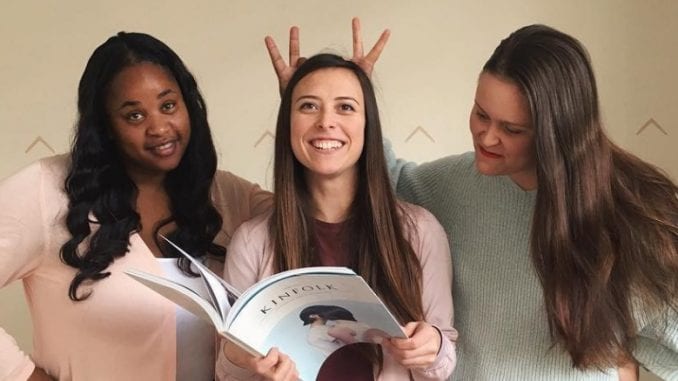
We continue our discussion with Umeko Motoyoshi, head of coffee for Sudden Coffee in San Francisco, with a critical look at the coffee industry and her recollection of some of the worst advice she’s received.
BY ASHLEY RODRIGUEZ
BARISTA MAGAZINE ONLINE
Photos courtesy of Umeko Motoyoshi
Read part one of our interview with Umeko here.
Ashley Rodriguez: We ask a lot of our interviewees about their successes and the great advice and mentors they’ve had. I wonder if you’d be willing to share some of the failures or weird/bad advice you’ve received.
Umeko Motoyoshi: I’ve often heard that I’m not ready to do the work that inspires me. Not experienced enough or qualified enough, or I haven’t proven myself yet. I used to take that kind of feedback to heart, but I think about it differently now.
When you are passionate, when you know who you are and what you want, someone is always going to feel uncomfortable. Particularly if you’re a woman. That kind of cautioning advice can feel like it makes sense, and it can feel safe to listen to those voices. But I had to start taking more risks, because I really had a lot more to offer.
And I know now that I was ready—they just weren’t ready! It was more about where they were in their journey, and not me. I’ve learned to seek out advice from people who are invested in my success and happiness. And I’ve learned to listen to myself, and trust my own instincts and vision.
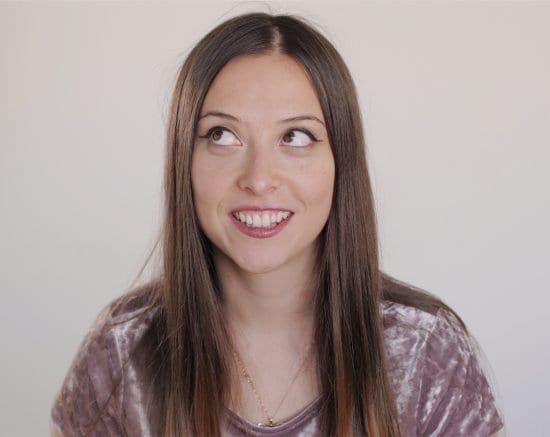
AR: How do you stay motivated? What do you do to recharge or what do you turn to in coffee to remind yourself why you’re in coffee?
UM: My relationships with customers mean a lot to me. It’s so exciting to me that they choose us, and support us, they go online and post about us. That’s completely incredible to me. I will never get over it, and I really want to deliver for them.
The other thing that helps me recharge is investing in relationships with my teammates. As a team, we make time and space for each other, and prioritize the health of our relationships. Our CEO, Josh [Zloof], is always there for me when I feel sad or tired. He’s such a supportive person, and I try to be that way with everyone else on my team.
And I also really recommend spending time with people who don’t work in coffee! It really helps to keep things in perspective.
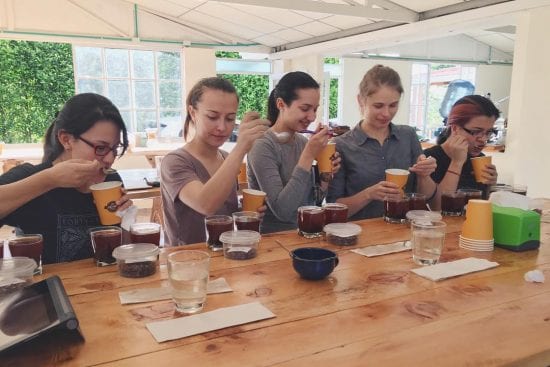
AR: What drew you to Sudden Coffee? Did you ever think you’d be working for an instant coffee company?
UM: I’ve had anxiety for most of my life, and when I was working part time at Sudden, I happened to be struggling a lot with panic attacks. It’s a hard thing to deal with in the workplace. Even though you need to take a break or go home, there isn’t always understanding around those needs. So it can feel embarrassing to talk about at work.
One day I was pulling shots at Sudden and I started having a panic attack. I talked to Kalle [Freese, Sudden’s cofounder] about it, and he was so caring and empathetic. He insisted that I stop work, and just go home and take care of myself. He made me feel really normal; he shared about other people he knows who have panic attacks so I wouldn’t feel embarrassed about it. He called me later to see how I was doing, and he checked on me the next day too.
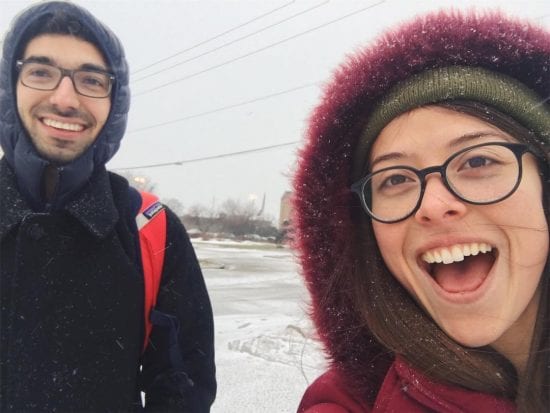
Nothing like that had ever really happened to me before. I already felt very aligned with Sudden’s mission, but that experience really meant a lot to me. And ultimately that was what pushed me to take a risk on this weirdo start-up and join the team full time.
AR: You were recently on a panel at Bloom about fast coffee—how would you define that? What about Sudden makes coffee more accessible?
UM: We went through Y Combinator, a start-up accelerator, this year, and it really helped us figure that out. We had the intention of making coffee more accessible, but we weren’t clear yet on who was really benefiting from our product. We thought it was millennials in cities. But YC helped us learn about customer listening and market research, and through that we identified our most excited and passionate customers.
It wasn’t who we thought! It’s a lot of people living outside of major cities, people who are super busy, in their 40s and 50s, and love quality and good food—but don’t have geographical access to specialty cafés. They live in suburban areas, so typically it’s just Starbucks and Peet’s, and the Keurig at the office. So in those areas, Sudden makes a huge difference!
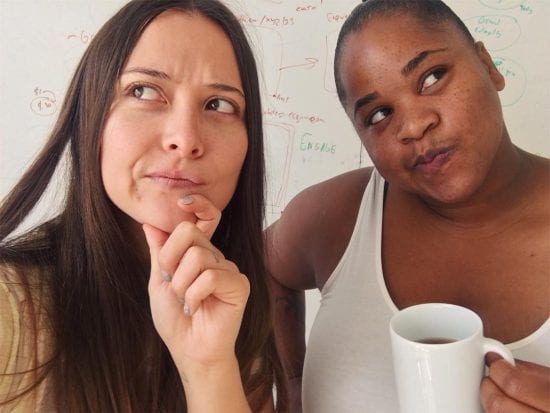
AR: What feels important to you in coffee?
UM: As an industry, we need to build our practices around the principle that everyone deserves to thrive and be happy. I want us to get really, really real about honoring the human dignity of everyone who touches our product.
As an example, plenty of coffee companies believe their baristas earn a living wage, but they haven’t gotten very analytical about the cost of living in their cities. So many baristas are struggling, holding two or three jobs, just exhausted. I guess that’s a living wage, because the baristas are technically alive—but I think we need to aim higher than our employees just being alive!

I don’t want a living wage, I want a thriving wage. Like, you can buy groceries without worrying! You can fill up your whole gas tank. You can take your mom out to dinner. Car breaks down? You can get it fixed! You can put some money away each month. And you’re not constantly anxious about bills, so you can focus on family, hobbies, personal growth. Everyone should be able to have that!
And on the supply side, we need to take that really seriously, too. Again, keep our aim high. We often say, well we’re being super fair because this specialty price is higher than the C-market price—but that’s a low bar. It’s not enough to compare to the C price, we need to understand how our prices stack up against the cost of living in different countries. We need to be way more analytical in determining what actually defines a fair price.
Plenty of folks would say that’s just not how it works, and I get that. And to that I would ask, how can we change how it works? I just want us to be more open-minded about what can be rather than staying limited by what is. These structures are complex, and it’s not an easy or straightforward path, but we need to hold equity as our goal and value, always. We need to measure ourselves against a thriving wage, not an industry standard. Everyone deserves to be happy!

